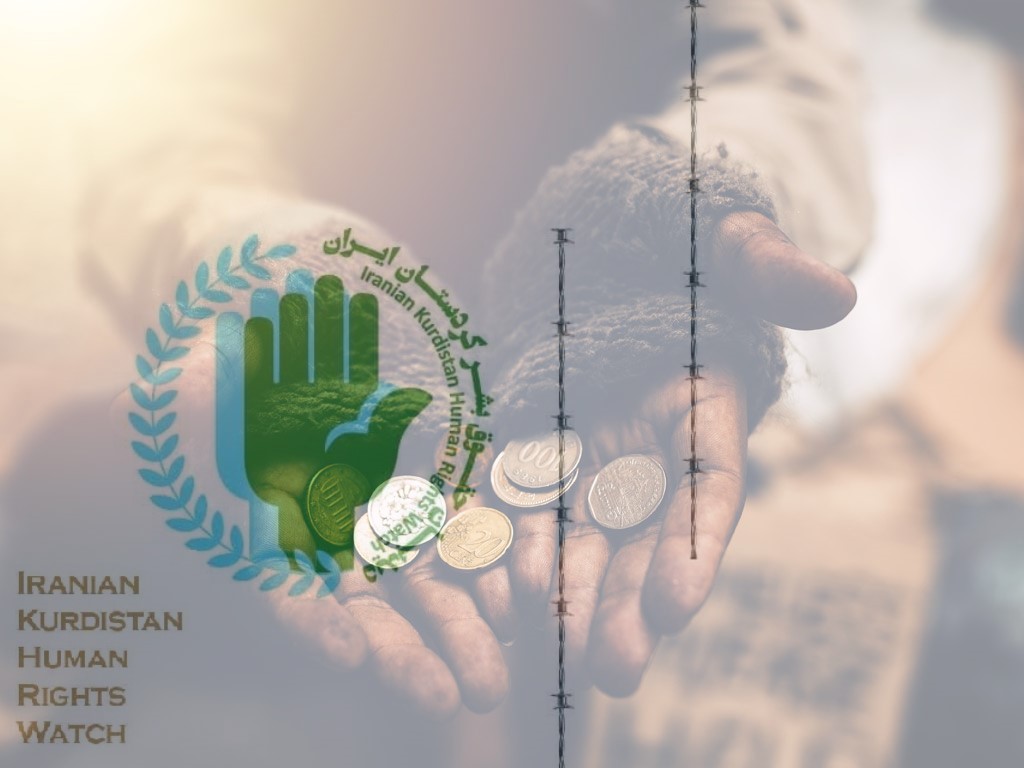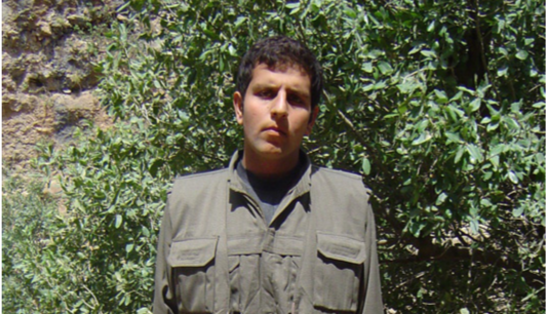The social damages such as divorce and poverty; one of the reasons for the joining of Navid Asadi in a Kurdish armed group.
According to IKHRW report from Sanandaj, one of the social damages in the current Iranian society is the high divorce rate and the damages inflicted on the family. After divorce, Child of the family becomes abandoned and exposed to various psychological and mental damages and would have criminal behaviors in adolescence. In Kurdish areas of Iran, due to the threat of armed Kurdish groups, this danger is much greater. The narration of Navid Asadi, a former member of the Komala, is analyzable. He was born in 1996 and on 12 December 2026, he separated from Komala and returned to Iran. Mr. Asadi, after the separation of his parents, lived with his father and during his childhood, due to a brain injury sustained in an accident, he occasionally experiences seizures which made him exempted from military service. Mr. Asadi has admitted that due to having a satellite at home and monitoring channels affiliated with the armed group Komala, he became acquainted with this group and after a while he illegally crossed the border and joined the Komala in northern Iraq after having contact with one of the organizational elements of the Komala group in Sanandaj, on 20 December 2020.
IKHRW reporter: What led you join Komala?
Navid Asadi: I had no siblings and after the separation of my parents, I lived with my father but I did not have good relationship with him. I had a car crash some years ago that hurt my left hand. As I grew older, the conflict between my father and me escalated. He had thrown me out of the house several times. I had nowhere to sleep; moreover, due to my hand problem, I couldn’t go to work. One day while talking with my friend, he suggested that I go to Kurdistan for work. I borrowed some money from a friend and illegally crossed the border, heading to Sulaymaniyah. In fact, I went to Iraq for work and not for armed activities and membership in the Komala. While I was working in the bakery I saw some armed people buying bread. When I asked I realized they are peshmerga. I did not care as what I needed was just a shelter. After a while, one of the individuals who was working there offered me to join the Komala instead of working at the bakery.
IKHRW reporter: What did he promise you?
Navid Asadi: He had told me that if I become a member, and stay there for a while and become an experienced peshmerga; they will give me a high salary! And even dispatch me to Europe for my treatment. Therefore I decided to join. But all was a lie! There was no Europe and money.
IKHRW reporter: After joining, were the promises fulfilled?
Navid Asadi: Not at all, even the living conditions. They had told me that they would give a house to each person there, but we were forced to live with 10 people in one room, waking up early, participating in ideological and political classes, Kurdish classes, running, all were hard for me. After a year and a half I was really tired and protested against them many times. They told you should be here for at least 4 years to live comfortably.
IKHRW reporter: How did you successfully leave there and what did you do afterwards? What was the reaction of the Komala leaders?
Navid Asadi: They initially only wanted to intimidate me. They were threatening and spreading lies. Repeatedly told me if arrive Iran, you will definitely be executed or imprisoned and tortured. I did nothing especial in Komala. I was confident that a few political classes and the Kurdish language would not pose a problem for me in Iran.
IKHRW reporter: What occurred that led you return to Iran? And when you returned, how were you treated? Were you truly sentenced to prison?
Navid Asadi: I had no problem in Iran. Once my friend told me it is hard for you to work here with this harmed hand. Why don’t you get back to your country? I said I am afraid to return to my country. I was told I would be prisoned or executed. But he laughed and said I have more than 10 friends like you. I am sure there is no problem. Do not worry. I thought and made me get back to Iran. He was right. As soon as I entered Iran, I was summoned and asked several questions, which I answered and signed off on before exiting. No prison and no detention










